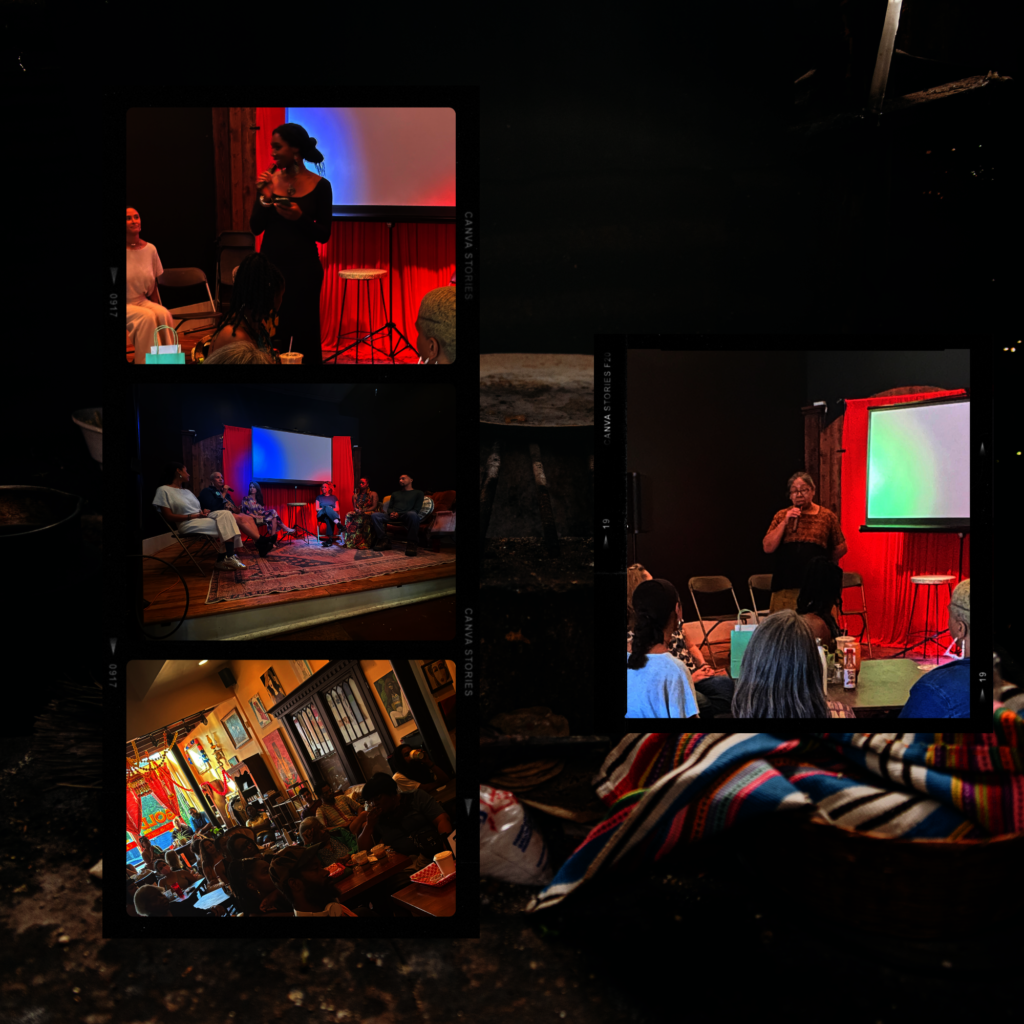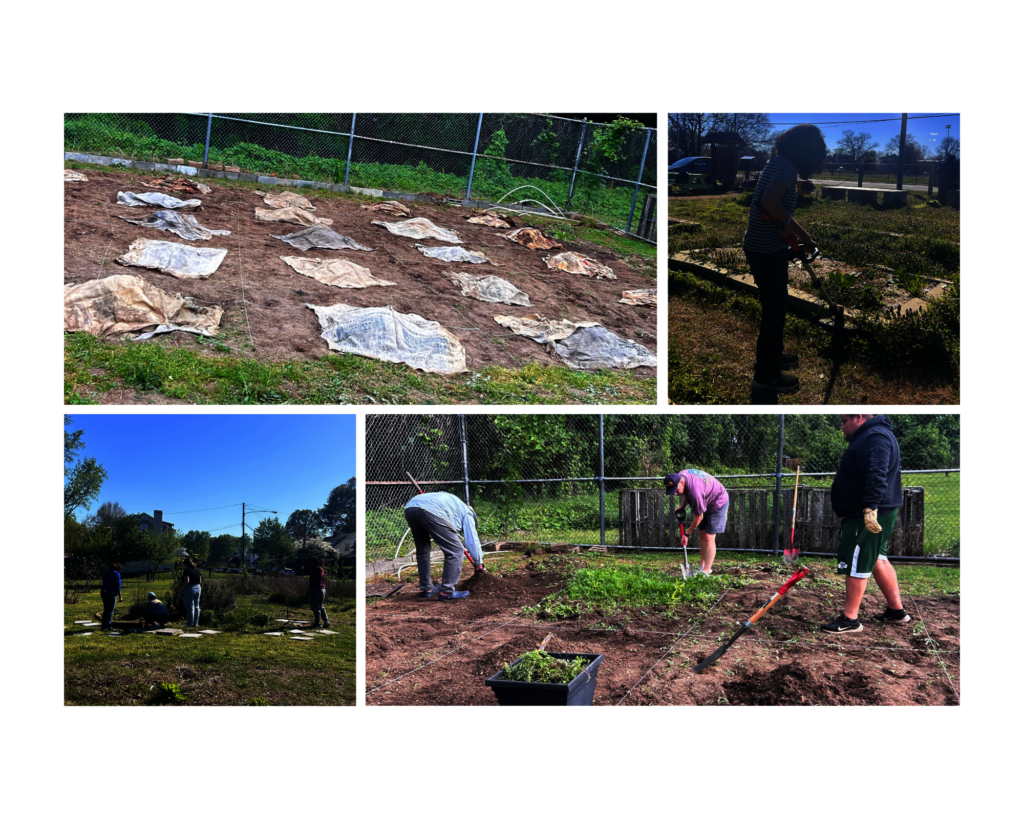By Benjamin Blevins | Deep Educator
We aim to foster Deep Ecological Thinking and strengthen community bonds by developing extracurricular activities centered on regenerative practices. At its core, the project integrates the Andean concept of minga as an organizing principle.
A minga is a traditional practice of collective action where communities unite to address shared challenges or create common solutions. This philosophy emphasizes collaboration, reciprocity, and shared responsibility, values that hold great potential to reshape civic engagement in Richmond.
Through our RVA minga, Richmond is encouraged to reimagine its approach to vital issues such as affordable housing, urban sustainability, and social equity. Community-driven efforts, rooted in trust and mutual care, inspire ongoing acts of transformation. The project envisions neighborhoods coming together not for isolated events but as active participants in creating an inclusive, resilient city.
By adopting this minga-inspired model, Richmond residents, leaders, and organizations are empowered to become agents of lasting community transformation.
Key Achievements
During the reporting period, four notable minga-themed initiatives were organized to exemplify the principles of collaboration and regenerate shared spaces while addressing ecological and social challenges.
1. Rainwater Harvesting System Installation
2. Demonstration Garden
3. Community Meal
4. Natural Medicine Forum
These four initiatives strengthened Richmond’s commitment to ecological awareness and community empowerment.
Challenges Faced and Solutions 1. Institutional Resistance in Public Schools
2. Competition Among Nonprofits
Looking Ahead
Adopting minga-inspired methods has already yielded evidence of substantial social and ecological impact in Richmond. Future efforts will focus on expanding community participation, deepening school engagement, and building stronger nonprofit alliances to maximize this success.
Together with collaboration and the enduring spirit of minga, Richmond is becoming a beacon of inclusion, resilience, and sustainability.
Project reports on GlobalGiving are posted directly to globalgiving.org by Project Leaders as they are completed, generally every 3-4 months. To protect the integrity of these documents, GlobalGiving does not alter them; therefore you may find some language or formatting issues.
If you donate to this project or have donated to this project, you can receive an email when this project posts a report. You can also subscribe for reports without donating.
Support this important cause by creating a personalized fundraising page.
Start a Fundraiser
